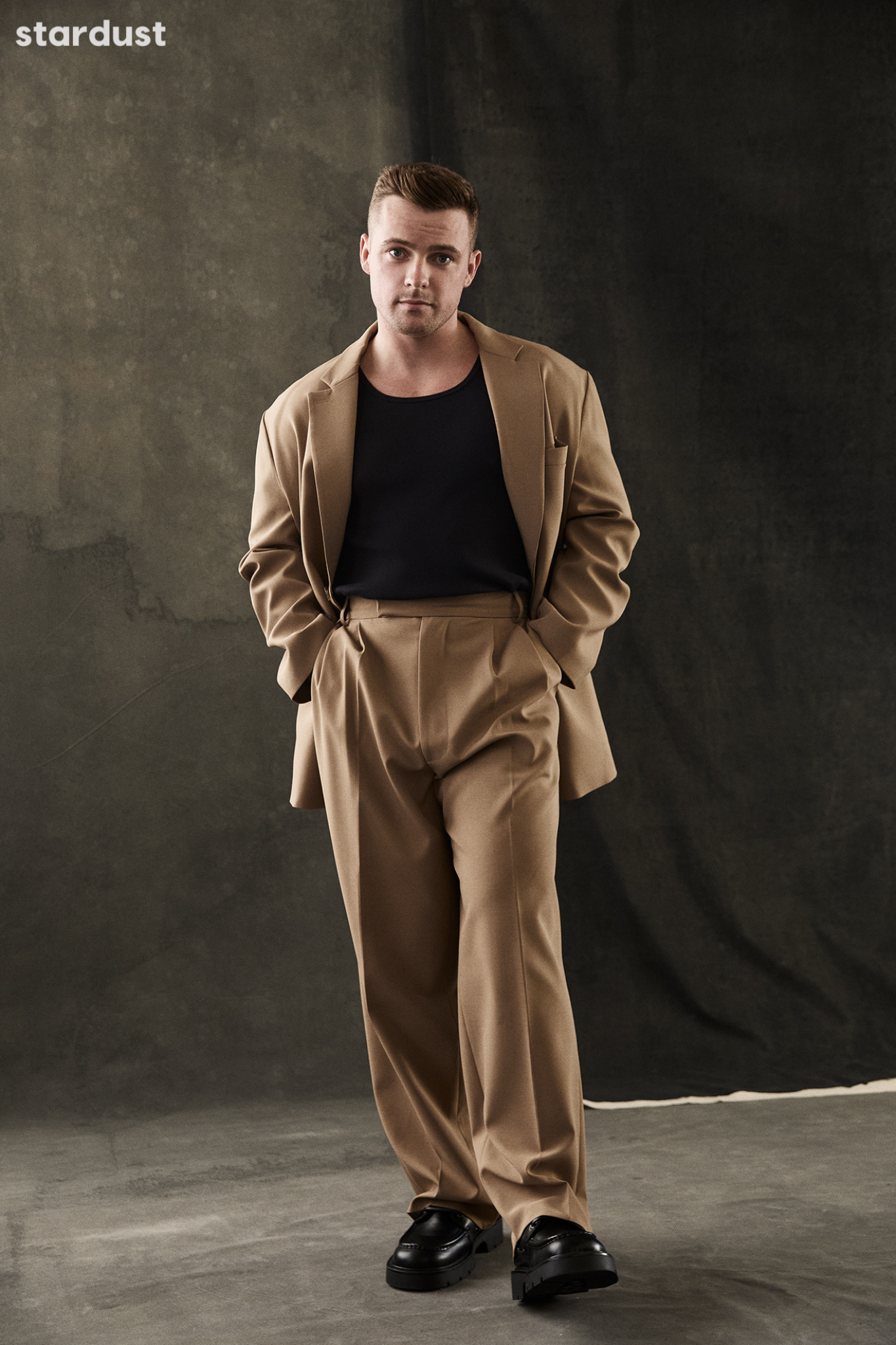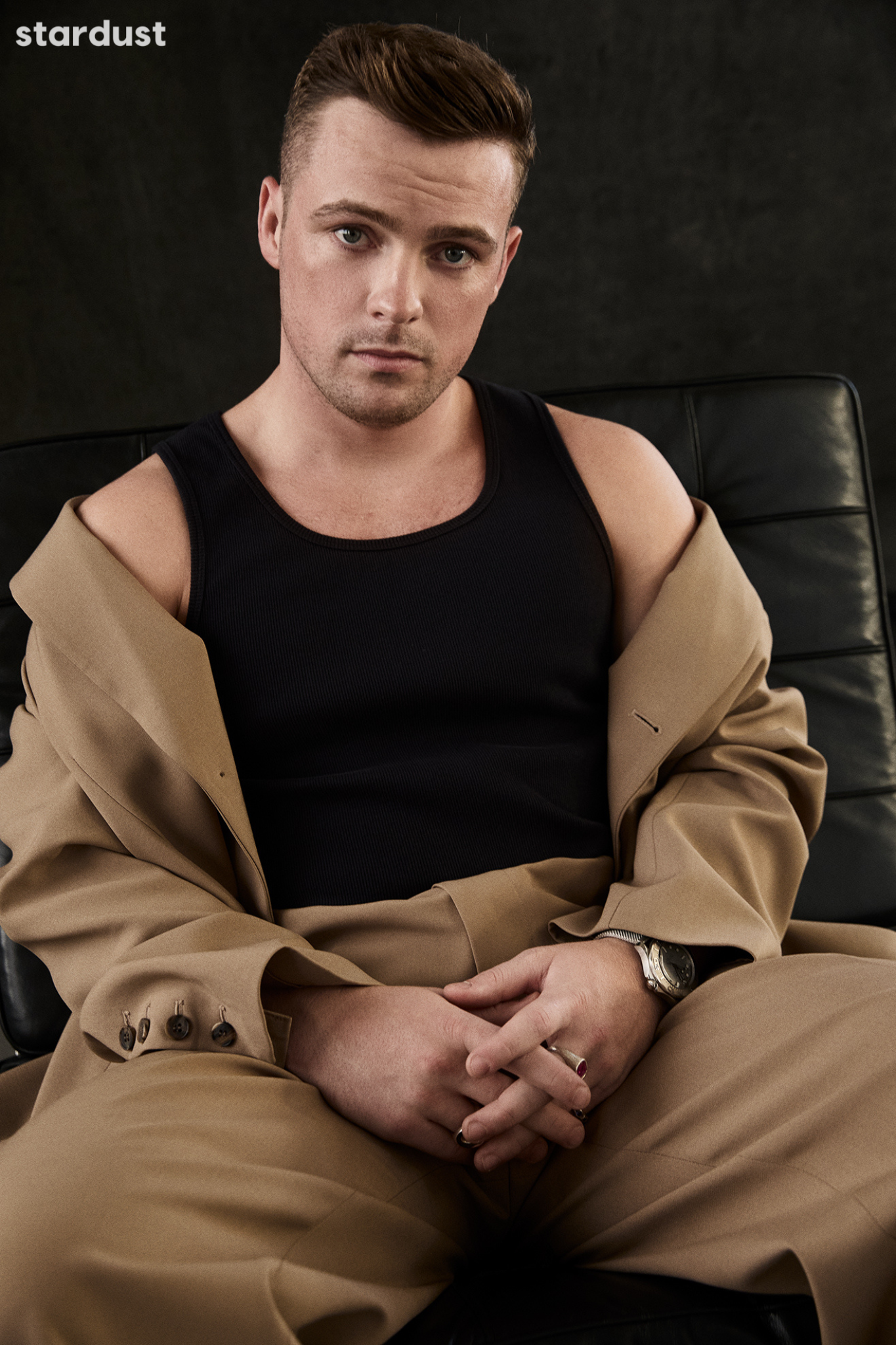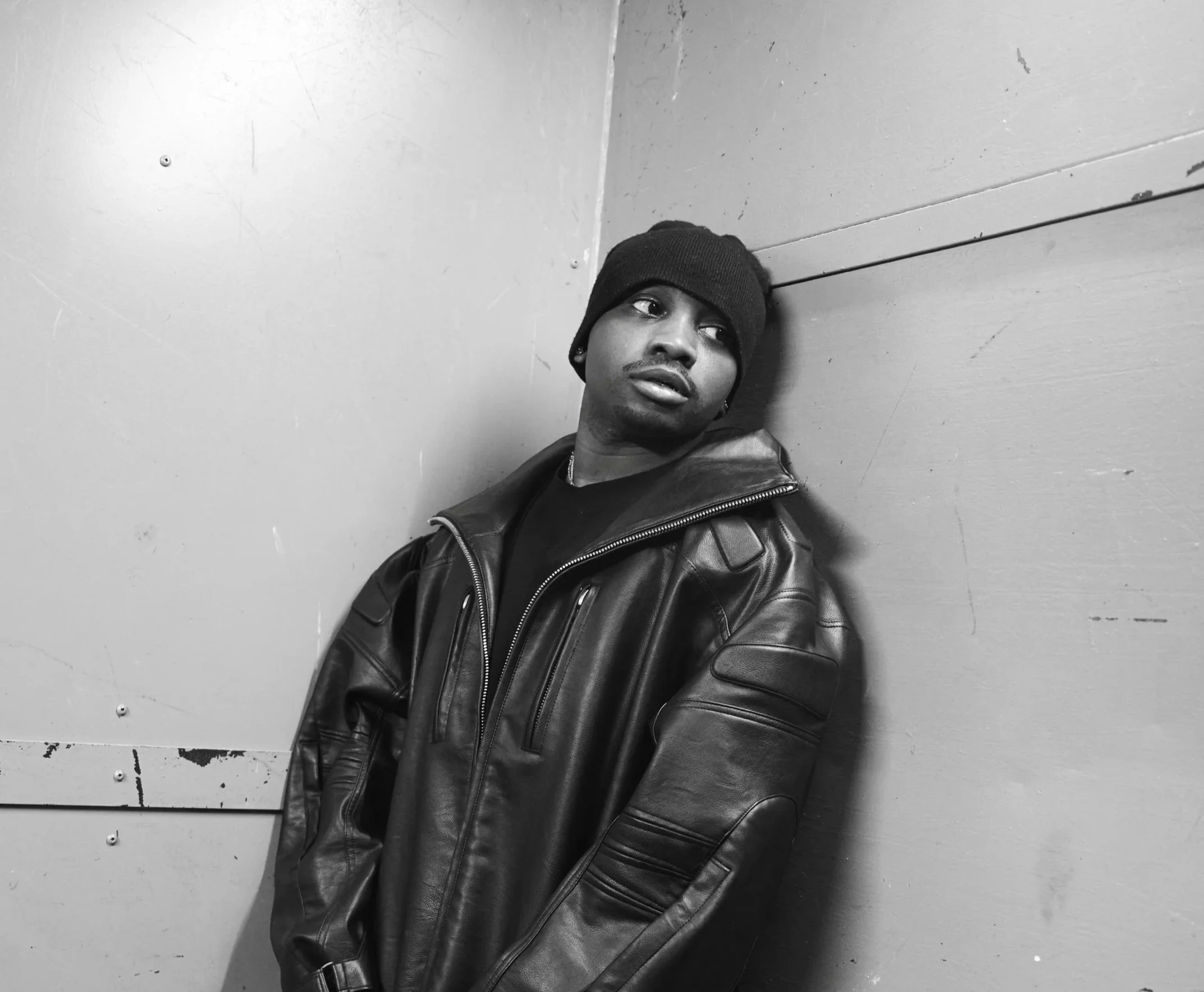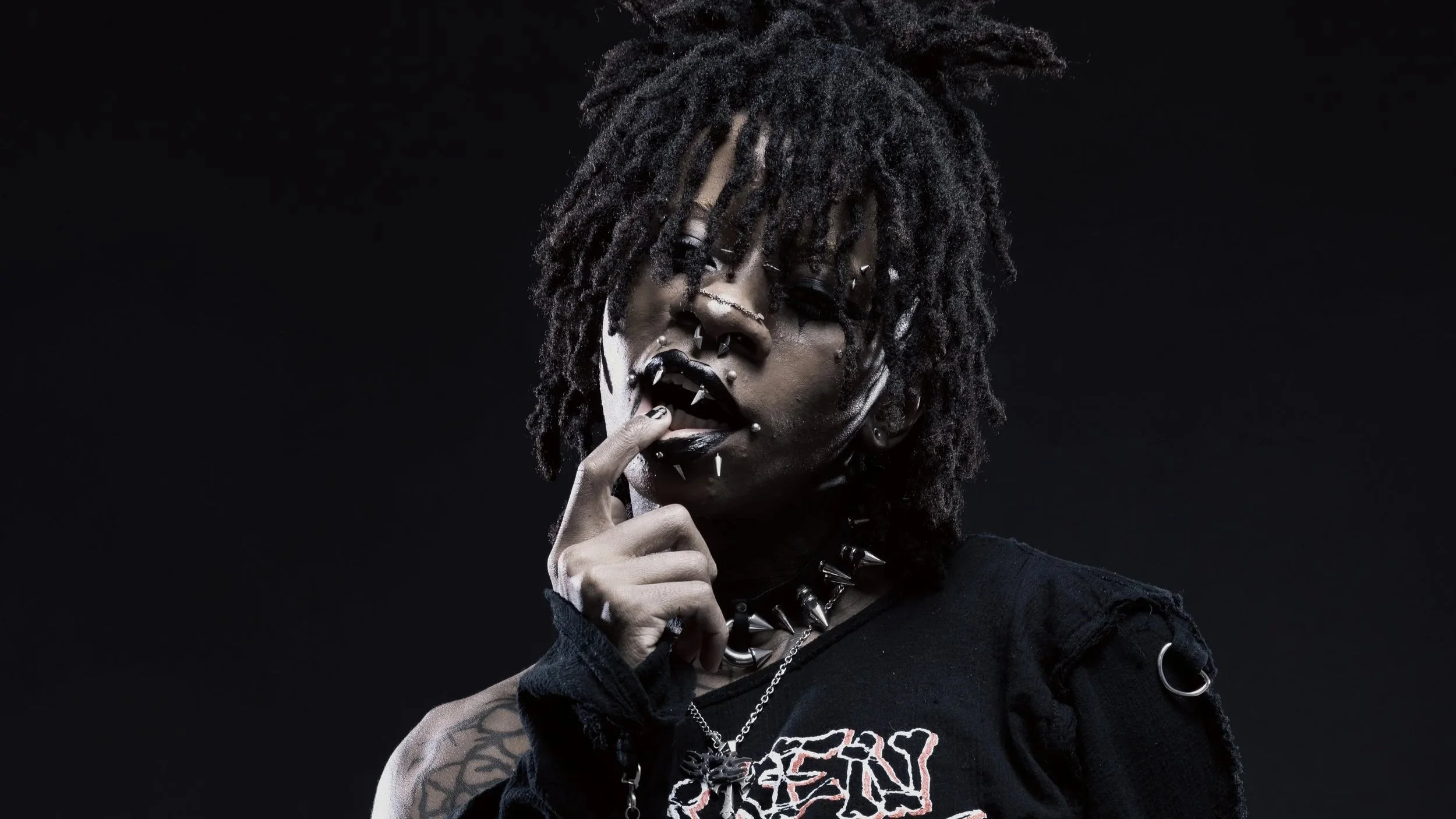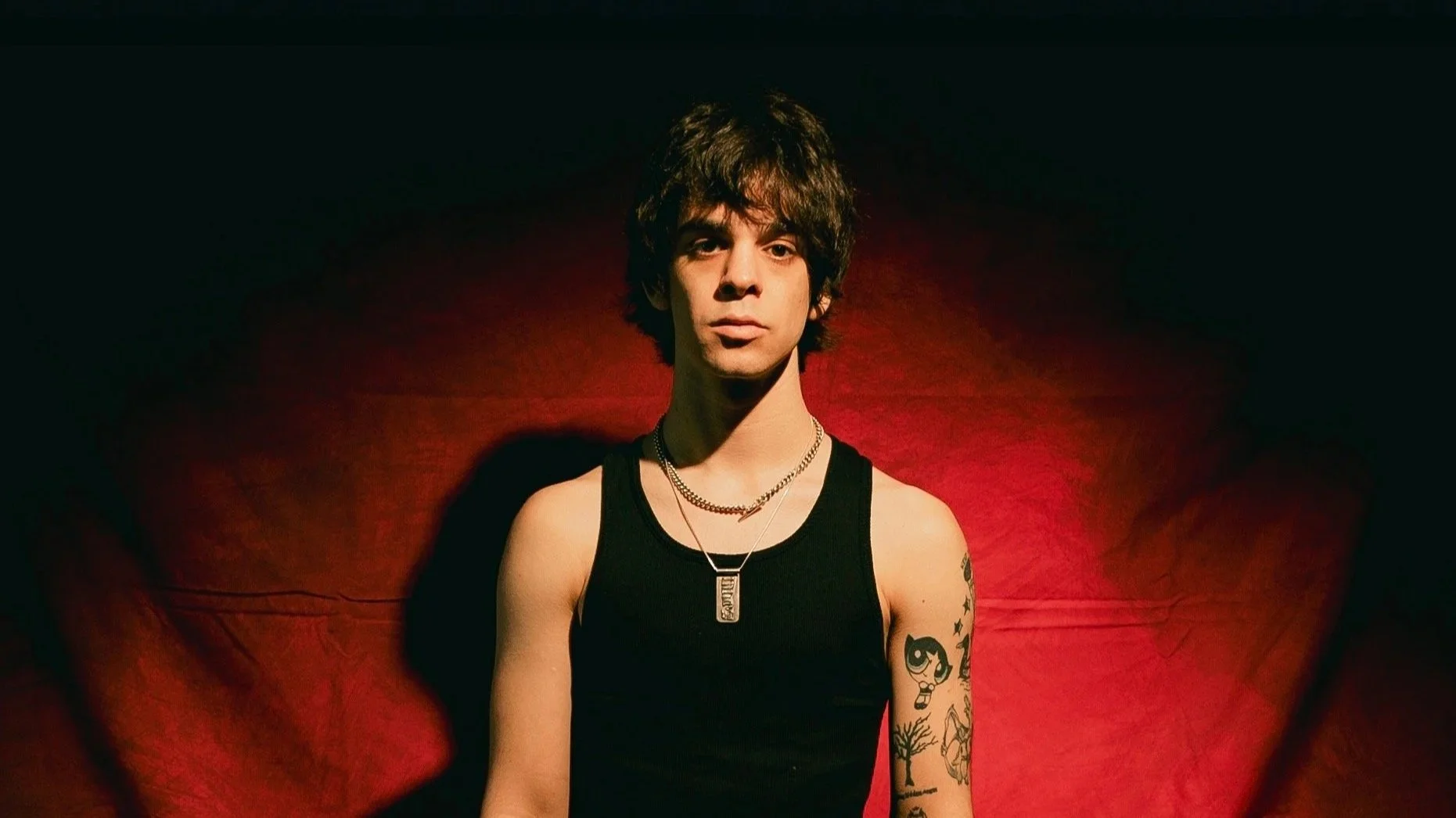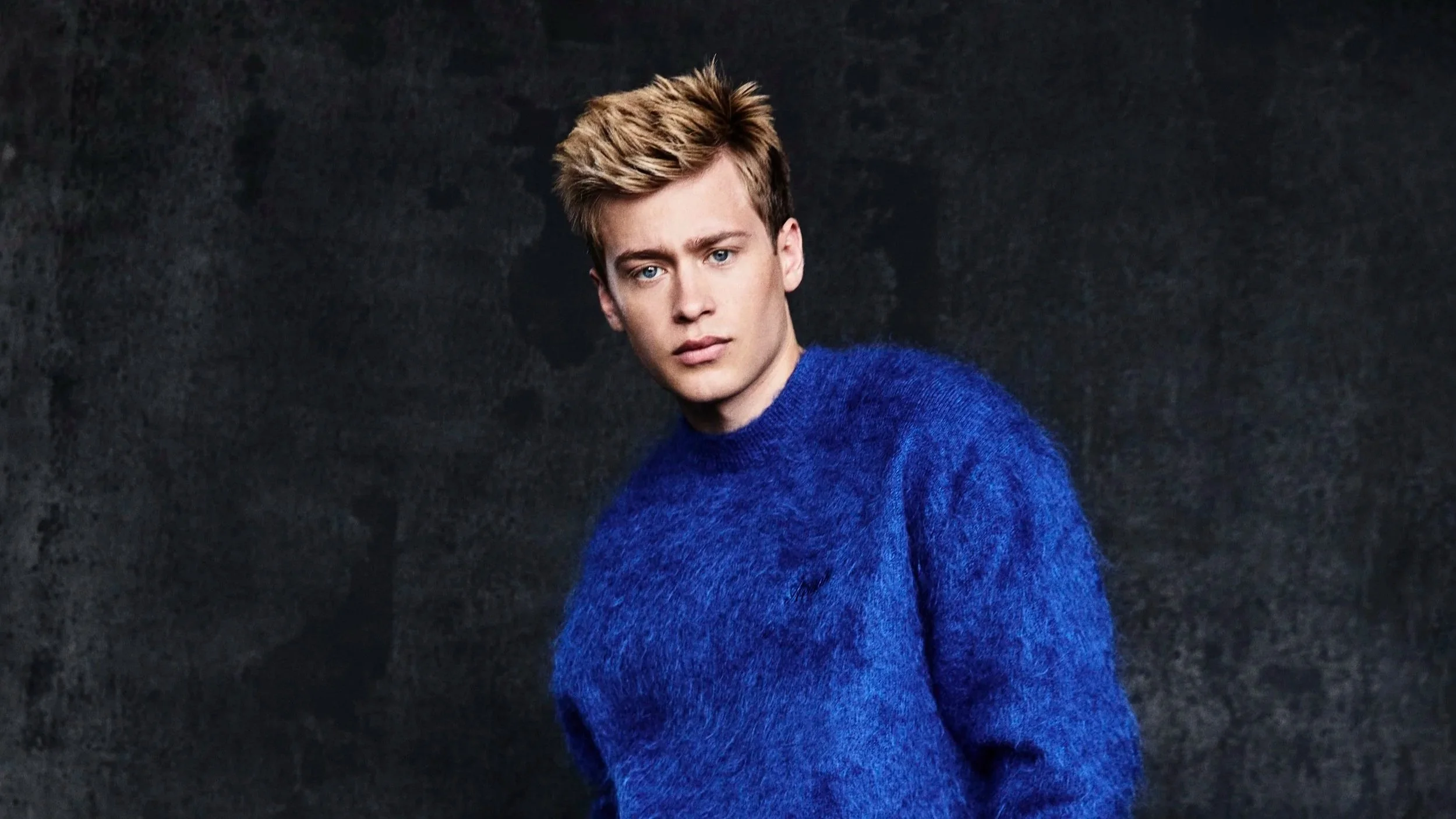Nathan Braniff Unpacks Blue Lights Season 3
Northern Irish actor Nathan Braniff returns as Tommy Foster for Season 3 of Blue Lights. When we first met Tommy, he was a rookie trying to keep his hands steady on Belfast’s streets; two seasons on, he moves with more purpose without losing the quick wit that made him easy to root for.
Conceptually, Blue Lights stays close to the day-to-day. Braniff follows suit, playing Tommy as capable, open, lighthearted, and sometimes rattled. But the humor always lands without softening the reality. He also trains in Brazilian Jiu-Jitsu and has amateur kickboxing experience—padding the role with small details that help the physical moments land.
Fortunately, Season 3 doesn’t press reset for Tommy either. It picks up with an officer who’s learned a little more and still has plenty to learn.
Where do we meet Tommy this season, and what feels different about him?
Nathan Braniff: Tommy’s now living with Aisling and Annie, which is tricky enough without even factoring in the job and all the baggage that comes with it. This season really delves into the toll the work takes on life outside the station, and we see that throughout the series.
But what’s great is that he’s starting to get the hang of the job. I think, for the first time, we see Tommy finding his feet and beginning to lean into his own strengths—the qualities that actually make him good at what he does. There’s a quiet confidence growing in him this year, even if he doesn’t quite realize it himself yet.
You’ve balanced Tommy’s sharp humor with real vulnerability from the start. Where’s the line for you between comic relief and coping mechanism—and how does Tommy cross it this season?
Nathan Braniff: It’s a fine balance, especially this season. Tommy will always be Tommy, a bit naïve and easily led, but I think what makes people connect to him is his vulnerability. He never tries to be something he isn’t, and that honesty makes him relatable.
This series is heavy for him emotionally, so I was really deliberate about where to place the lighter moments. It was about carefully charting his journey—finding those key points where humor or a small bit of levity can break through without losing the truth of what he’s going through. Sometimes the humor isn’t there to make people laugh; it’s his way of holding himself together when everything else feels like it’s falling apart.
What reference has proved most useful in bringing Tommy to life, and are there any common tropes you consciously avoid?
Nathan Braniff: My biggest reference has always been the PSNI themselves. During the first series, we spent a lot of time at Garnerville, the police training academy in Northern Ireland. Getting to train alongside real rookie officers learning how to handle firearms, conduct drills, all of it was a real lightbulb moment.
Just watching them walk around the campus with that green, nervous energy of someone completely new to it all… that was something I knew I had to capture with Tommy. There’s a very specific mix of eagerness and fear that new recruits have; you can’t fake that, you have to absorb it.
As Tommy gains experience, what do you want to protect about his core so he doesn’t harden past recognition?
Nathan Braniff: Tommy can be ditsy; it’s part of what people love about him. He’s super intelligent in some ways, but when it comes to street smarts, he’s still catching up. What I always want to protect in him is that sweetness, that honesty. It’s what makes him stand out among his peers. The danger for a character like Tommy is that experience can make you cynical, but I think the audience wants to see him grow without losing his heart.
As a blue belt in Brazilian Jiu-Jitsu and a former amateur kickboxer, what specific habits from combat sports show up in the physical side of your acting?
Nathan Braniff: Acting, like combat sports, is all about focus on the person opposite you. You can’t just pull things out of thin air; you have to react to what they give you.
In martial arts, it’s the same. You’re laser-focused on your opponent, how they move, whether they’re tired, losing composure, and you adjust accordingly. If your focus drops, you’ll end up with a black eye. That level of awareness has really shaped how I approach scenes, staying present, grounded, and tuned in to the smallest changes in energy.
Was there a scene in Season 3 that demanded a new tool from you, either technically or emotionally?
Nathan Braniff: Definitely the scene where Tommy tells Stevie that Aisling broke protocol, which ends up getting her put on leave. When I first read it, I couldn’t believe it; it felt like betrayal. It took me a while to understand why he’d do that. Eventually, I realized it came from a place of love that he genuinely thought he was helping her.
That conflict was really tough to play because I felt it too. I was pulled in two directions, and if I was feeling that, I knew Tommy must’ve been completely torn apart inside. It’s one of those moments where you realise that doing the “right” thing doesn’t always feel right at all.
Is there a role or genre you’d like to try that would break your Blue Lights muscle memory?
Nathan Braniff: It’s always been a bit of a dream of mine to play Romeo. I love Shakespeare, and it’s a role I feel I could really sink my teeth into. Obviously, it’s a million miles from the gritty realism of Blue Lights, but that’s the appeal.
I think people might be surprised to see that softer, more romantic side, but for me, it’s all storytelling, just from a different lens. That said, the older I get, the more I suspect I might’ve missed the boat on playing one of the great young lovers, but who knows, maybe a slightly battle-worn Romeo could still work!



